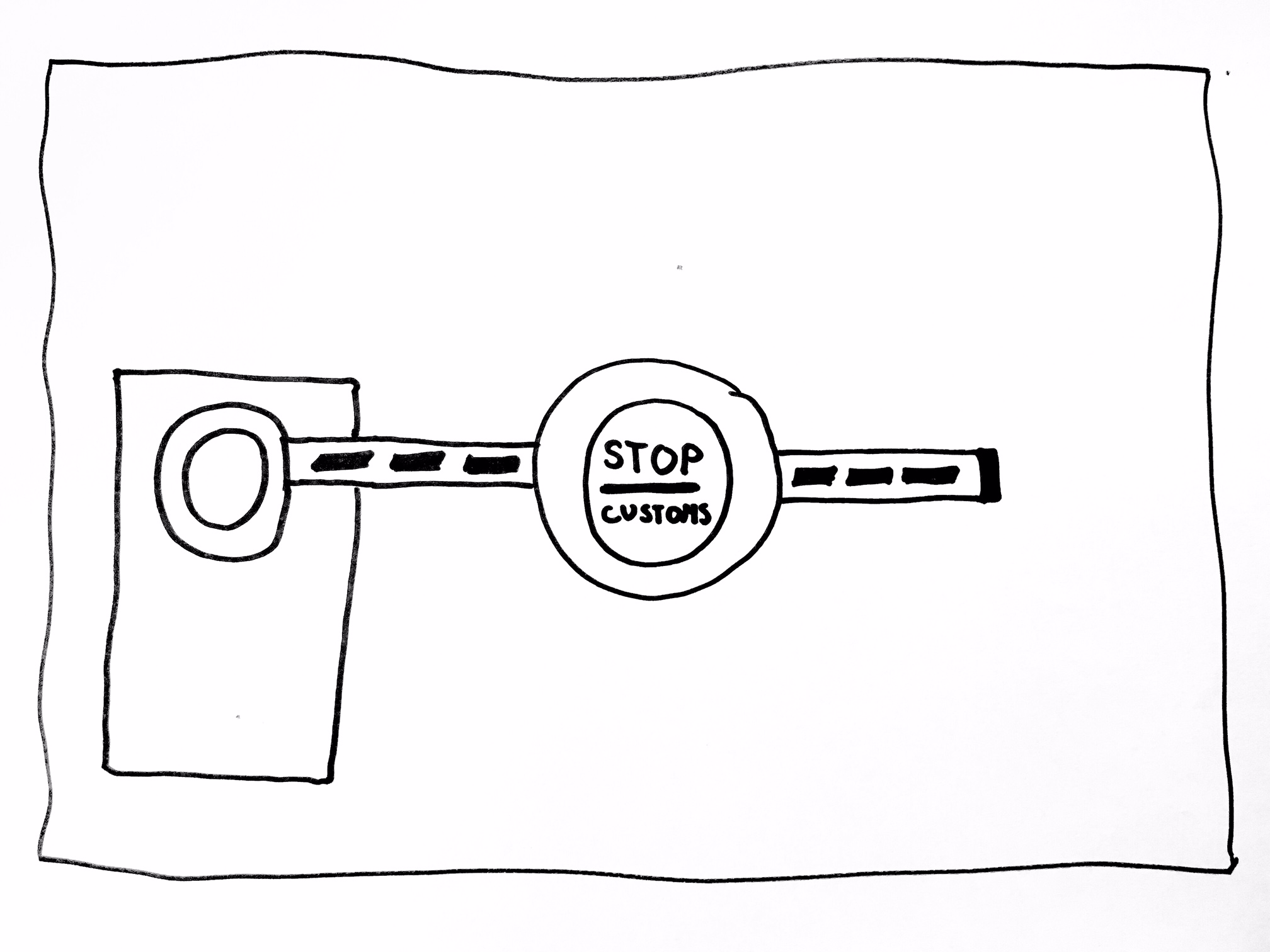In the media, we see some surprised responses to the fact that the Walloon parliament in southern Belgium is able to veto an international trade agreement on behalf of Belgium. This concerns the Comprehensive Economic and Trade Agreement (CETA) closed between the EU and Canada. The surprise does not come from the fact that people or parliamentarians oppose to big trade agreements, but rather that the Walloon parliament is able to resist to such an agreement, being a regional (and not a national) legislature. However, this is not so surprising when we take a closer look at the Belgian constitutional system and its current political climate.
The power of Wallonia?
Belgium is a federation. This means that there is a central Federal Government, and simultaneously there are the Governments of the federated area’s. These federated area’s are composed of the so called Communities and Regions. The communities represent the different ‘language cultures’ within Belgium, and mostly coincide with the language area’s (Dutch, French and German language area’s). More relevant in this context are the Regions, that represent the economic differences between mostly the south and the north. There is the Flemish Region, the Walloon Region, and the Brussels-Capital Region.
Interesting detail is that the Federation, the Communities and the Regions are considered as equals when it comes to legislation: they are exclusively competent in adopting laws on certain topics. The Regions are exclusively competent in adopting economic laws, including agricultural laws. The paradox in Belgian law is that while in external relations, Belgium is considered as one legal entity, represented by the Federal Government, the federated areas deal with international affairs when it relates to their exclusive competencies (Art. 167 Belgian Constitution). This explains that the Walloon Region parliament needs to approve the international treaty, since it affects its exclusive competencies, while Belgium in itself is represented by the Federal agencies in the international arena.
Politics
So far the constitutional explanation. Now the political mud-throwing. Politically, the CETA deal is predominantly debated in light of the TTIP talks between the US and the EU. In essence, both the CETA and the TTIP are trade agreements in which trade barriers in the field of import/export taxation, product legislation and foreign investments are lowered. While previous trade agreements with similar types of trade rules with Singapore, Ecuador, East and West Africa and Vietnam hardly drew any media attention, the CETA and TTIP are widely discussed. The CETA needs to be approved by the EU Member States individually before it may enter into force.
Its seems that lately, it has become fashionable to tackle international cooperation by democratic means, but not for the sake of tackling the cooperation in itself. Democratic tools on all kind of levels are used to voice a more general approval of things. In the Belgian case it seems to be a general distrust towards big companies (especially in the field of agriculture), and dissatisfaction about the current Federal Government. As it seems, one of the opposition parties with a firm power base in the Walloon Region would do anything to make it difficult for the established Federal Government. The substantive Articles in the agreement with Canada in itself are hardly an issue. After all, the EU has closed similar deals with significant parts of the rest of the world without any complaints. It would greatly contribute to our mind-set regarding free trade agreements when our politicians would debate the pro’s and con’s, instead of making such treaties a part of political squabbling. The stakes are high after all, and the credibility of the EU as a reliable trading partner is at risk.
Free trade
Free trade in itself is a respectable goal. The way it is practiced makes it work or fail. Overly rosy pictures or doom scenarios therefore are not so fruitful as long as we do not talk about the way we would like to see our economies function. This requires a substantive debate about how our global economy works, instead of some political mud-throwing. It is my humble assessment that the latter will result in a worse economy, and inevitably achieves what the same mud-throwers probably seek to avoid.

